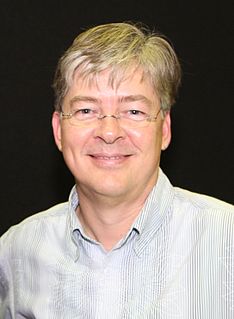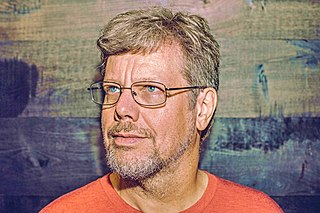A Quote by Philip Greenspun
SQL, Lisp, and Haskell are the only programming languages that I've seen where one spends more time thinking than typing.
Related Quotes
Lisp was far more powerful and flexible than any other language of its day; in fact, it is still a better design than most languages of today, twenty-five years later. Lisp freed ITS's hackers to think in unusual and creative ways. It was a major factor in their successes, and remains one of hackerdom's favorite languages.
Although mathematical notation undoubtedly possesses parsing rules, they are rather loose, sometimes contradictory, and seldom clearly stated. [...] The proliferation of programming languages shows no more uniformity than mathematics. Nevertheless, programming languages do bring a different perspective. [...] Because of their application to a broad range of topics, their strict grammar, and their strict interpretation, programming languages can provide new insights into mathematical notation.
My impression was and is that many programming languages and tools represent solutions looking for problems, and I was determined that my work should not fall into that category. Thus, I follow the literature on programming languages and the debates about programming languages primarily looking for ideas for solutions to problems my colleagues and I have encountered in real applications. Other programming languages constitute a mountain of ideas and inspiration-but it has to be mined carefully to avoid featurism and inconsistencies.
My basic idea is that programming is the most powerful medium of developing the sophisticated and rigorous thinking needed for mathematics, for grammar, for physics, for statistics, for all the "hard" subjects.... In short, I believe more than ever that programming should be a key part of the intellectual development of people growing up.


































